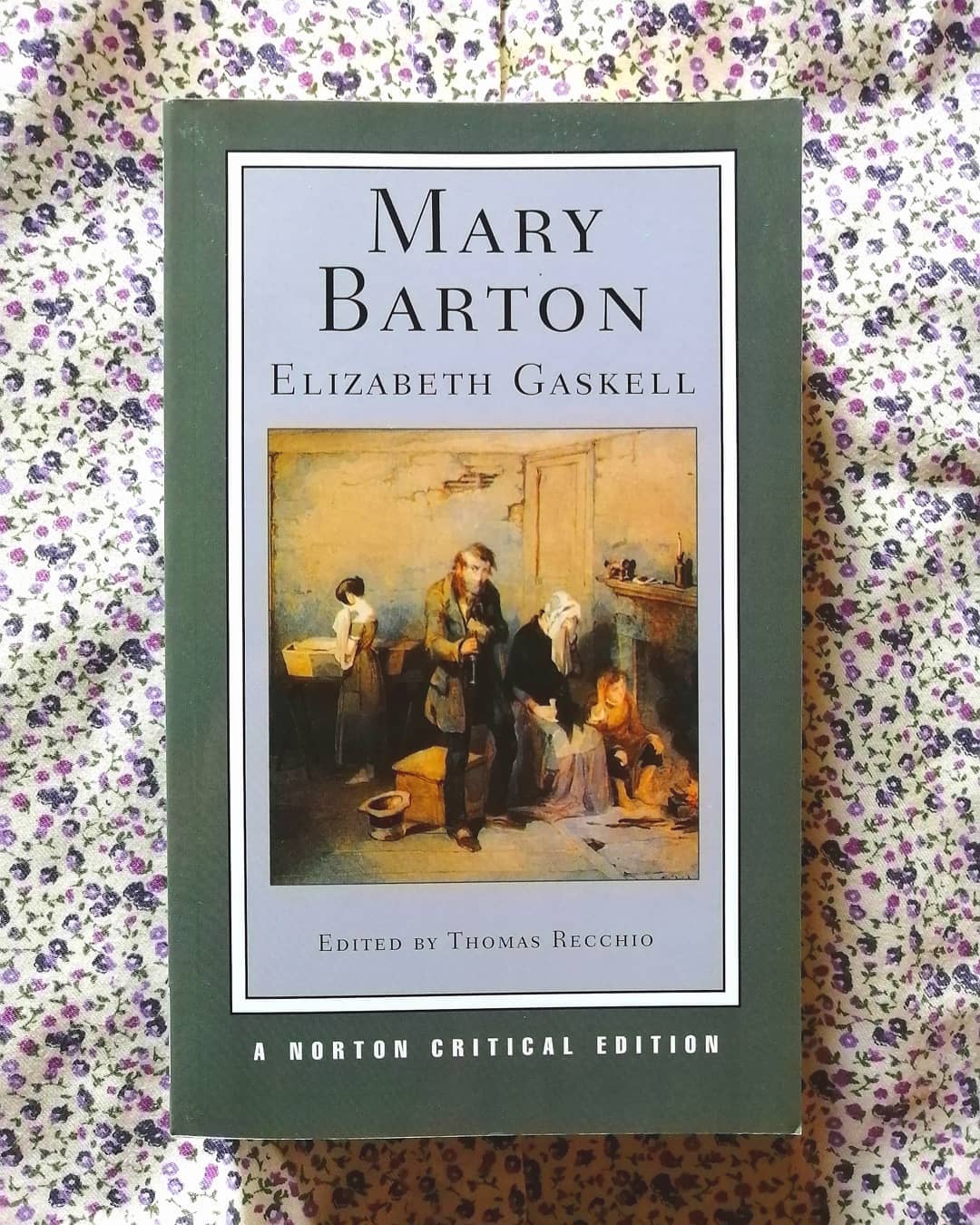A common error made by English Learners is the INCORRECT DUPLICATION of comparative adjectives. This is partly due to a lack of complete comprehension of the distinctions between the primary types of comparative adjectives.
To recap, comparative adjectives are variations of adjectives that describe a larger quantity of that particular thing. For example, the comparative of ‘good’ is ‘better’, and the superlative (the highest degree) of ‘good’ is ‘best’.
It is typically straightforward to differentiate between the most common adjectives’ comparative and superlative forms, because their comparatives often end with an ‘-er’ and their superlatives end with an ‘-est’. Consider the following examples: ‘small’ < ‘smaller’ < ‘smallest’; ‘easy’ < ‘easier’ < ‘easiest’; ‘tidy’ < ‘tidier’ < ‘tidiest’, etc.
English learners are often advised to memorise these comparative and superlative forms of a particular adjective alongside itself.
✏️ However, not all adjectives have comparatives ending in ‘-er’! Especially among less common adjectives, there may not be any associated comparative adjective at all (I will share some examples in this lesson post and the next one). In such cases, you can express the comparative by adding ‘more’ to the adjective: e.g. ‘more difficult’, but you would NEVER say or write ‘more difficulter’ (a mistake made by students who don’t distinguish between 1) comparative adjectives that do require a ‘more’ and 2) comparative adjectives that already contain ‘-er’ and do not).
I refer to Elizabeth Gaskell’s first novel, Mary Barton: A Tale of Manchester Life (1848), which provides some relevant examples in its opening chapters:
📗 ‘… the round, soft, white clouds which were blown by a west wind over the dark blue sky, were sometimes varied by one blacker and more threatening.’
Both ‘blacker’ and ‘more threatening’ are examples of comparative adjectives or comparative adjective phrases. There is no such word as ‘threateninger’, so Gaskell introduced ‘more’ in this case, which was not necessary for ‘blacker’.
💡 However, as mentioned at the beginning of this lesson, it would be INCORRECT for any writer to double the comparative adjective ‘blacker’. In other words, never say or write ‘more blacker’! Perhaps this is the reason why Gaskell even arranged her adjectives in this particular order, with ‘blacker’ coming first, followed by ‘more threatening’, so as to avoid any confusion that could come from writing ‘more threatening and blacker’.
(That said, she could have written ‘more black and threatening’ – a phrase that also would have been grammatically correct, just less climactic (increasing in drama) than the original).
Join me in the next lesson post to look at other ways that comparison can be expressed with adjectives!




